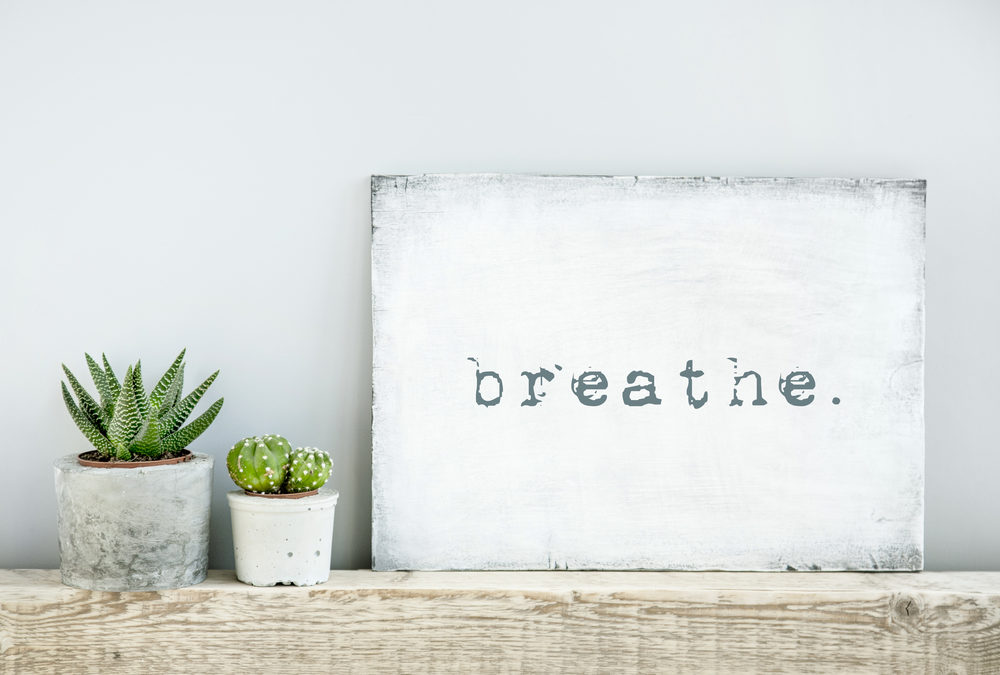
5 Natural Ways To Improve Mental Health
Mental health concerns are plaguing the country, especially stress-related conditions. As we speak, more than 65% of Americans report feeling high levels of stress.
Fortunately, developing the right habits can help us improve our mental wellness. Let’s talk about some natural ways to improve mental health so you can live a healthier lifestyle!
Develop a Healthy Morning Routine
Starting the day right is critical to improving your overall mental health. If you’re the type that hates mornings, then this tip is for you.
The best part is that you can adapt this to mean whatever you want. If you enjoy sitting with a warm drink and reading the news, do that. If you enjoy listening to soft music and practicing some yoga or light exercise, do that!
Whatever you enjoy, start your day off with that. If you feel that you need more time in the morning, prioritize going to sleep earlier and start waking up early in the morning. This will maximize your time in the morning and the amount of daylight you get to enjoy throughout the day, both of which will help improve mental health.
Don’t Neglect Physical Health
Exercise and nutrition are your best defenses against mental illness, and that’s not an exaggeration. Your brain needs proper nutrients and chemical balances to function properly, which are facilitated through appropriate diet and exercise.
Try to reach 150 minutes of aerobic exercise each week and make it something you truly enjoy. This could be biking, hiking, running, playing a sport, or anything you want. Enjoyment is essential for adherence.
Also, try to eat a wide variety of whole foods throughout the day. The greater the variety, the better! You can even try a personally tailored meal plan if you want to be extra thorough!
Practice Breathing Exercises
During your commute, at the end of the day, when you start your morning, or anywhere you find the time, practice some deep breathing exercises. Breathing is essential for proper oxygen intake, proper blood flow, and simply clearing your mind. That’s why it’s so often recommended for improving natural mental health.
Limit Screen Time
Screen time, especially with games or social media, is very harmful for your sleep cycle and overall mental wellness. Studies show time and time again the importance of limiting your screen time. If you have an iPhone, you can set notifications to help you track and limit screen time.
This is especially important before bed. A full night of sleep (8 hours) is essential for mental health, so try reading a book or doing a puzzle before bed.
Take Steps to Improve Mental Health Today
Now that you know some helpful tips to improve mental health, you see that it isn’t so daunting. If you believe you have a serious mental health concern, contact a professional right away. However, if you’re looking to generally improve your well-being, these tips are a great way to start.
Stay up to date with our latest wellness tips and feel free to contact us with any questions!




